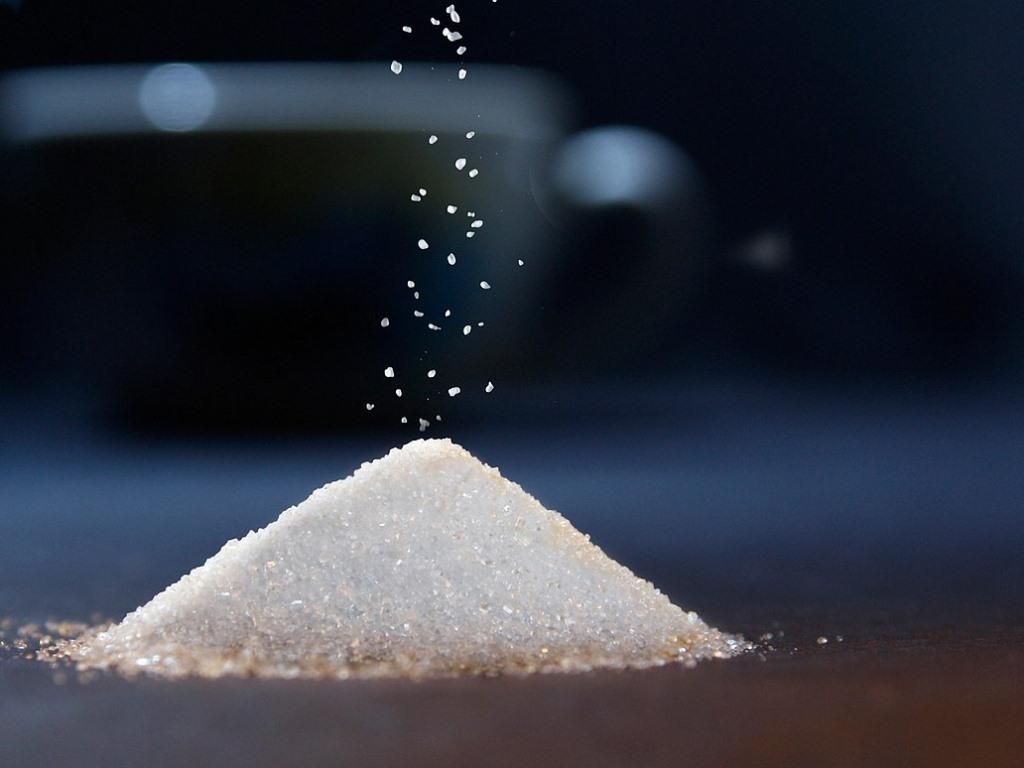The review study, published in JAMA Internal Medicine last week, revealed that the Sugar Research Foundation (known today as the Sugar Association) paid three scientists at Harvard approximately $50,000 to publish a review of studies on sugar, fat, and heart disease—the studies used in the review were selected by the Sugar Research Foundation, and naturally were the ones that played up the role of fat, not sugar, in heart disease.
Unfortunately, that study, published in the respected New England Journal of Medicine in 1967, went on to influence American dietary recommendations for years to come. More unfortunately, the role of funding influencing scientific findings, particularly in food and nutrition, is hardly a rare occurrence.
Marion Nestle, professor in the Department of Nutrition, Food Studies, and Public health at New York University, discusses these occurrences on her blog “Food Politics”, where she sheds light on the food industry’s influence in nutrition and health. Vox reported that according to Nestle, “Of the 168 industry-funded studies she has examined, 156 boast results that favor the funder.” Hence, the following examples of the food industry manipulating “science” for their own benefit only scratches the surface.
In 2015, Coco-Cola, the largest producer of sugar beverages in the world, donated $1.5 million to help start a nonprofit called the Global Energy Balance Network. The organization was widely known for promoting the idea that Americans focused too much on diet, and not enough on lack of exercise, as the cause of obesity. Nutrition experts heavily criticized the group for dismissing the role of junk food in obesity. Amid criticism, the nonprofit ceased operations in 2015.
In 2011, a study was published that found that children who consumed candy and chocolate tend to weigh less than those who don’t. Earlier this year however, The Associate Press reported that an association that represents the makers of Butterfingers, Hershey, and Skittles funded the study. The study’s findings were championed by food industry groups, all of which failed to mention its limitations that are noted in the study itself: including that the data “may not reflect usual intake” and “cause and effect associations cannot be drawn”.
The list of examples goes on. Whether or not they are always as apparent or well known as the recent sugar revelations, it is certainly happening all the time. The best thing that we can do is to question what we read and be skeptical of sensational claims—especially when it comes to food and nutrition. Although nutrition science can be confusing, maintaining a diet of minimally processed and largely plant-based foods, is probably a safe bet.
What do you think? Are you surprised about the food industry’s role in scientific funding? Let us know!
Unfortunately, that study, published in the respected New England Journal of Medicine in 1967, went on to influence American dietary recommendations for years to come. More unfortunately, the role of funding influencing scientific findings, particularly in food and nutrition, is hardly a rare occurrence.
Marion Nestle, professor in the Department of Nutrition, Food Studies, and Public health at New York University, discusses these occurrences on her blog “Food Politics”, where she sheds light on the food industry’s influence in nutrition and health. Vox reported that according to Nestle, “Of the 168 industry-funded studies she has examined, 156 boast results that favor the funder.” Hence, the following examples of the food industry manipulating “science” for their own benefit only scratches the surface.
In 2015, Coco-Cola, the largest producer of sugar beverages in the world, donated $1.5 million to help start a nonprofit called the Global Energy Balance Network. The organization was widely known for promoting the idea that Americans focused too much on diet, and not enough on lack of exercise, as the cause of obesity. Nutrition experts heavily criticized the group for dismissing the role of junk food in obesity. Amid criticism, the nonprofit ceased operations in 2015.
In 2011, a study was published that found that children who consumed candy and chocolate tend to weigh less than those who don’t. Earlier this year however, The Associate Press reported that an association that represents the makers of Butterfingers, Hershey, and Skittles funded the study. The study’s findings were championed by food industry groups, all of which failed to mention its limitations that are noted in the study itself: including that the data “may not reflect usual intake” and “cause and effect associations cannot be drawn”.
The list of examples goes on. Whether or not they are always as apparent or well known as the recent sugar revelations, it is certainly happening all the time. The best thing that we can do is to question what we read and be skeptical of sensational claims—especially when it comes to food and nutrition. Although nutrition science can be confusing, maintaining a diet of minimally processed and largely plant-based foods, is probably a safe bet.
What do you think? Are you surprised about the food industry’s role in scientific funding? Let us know!






